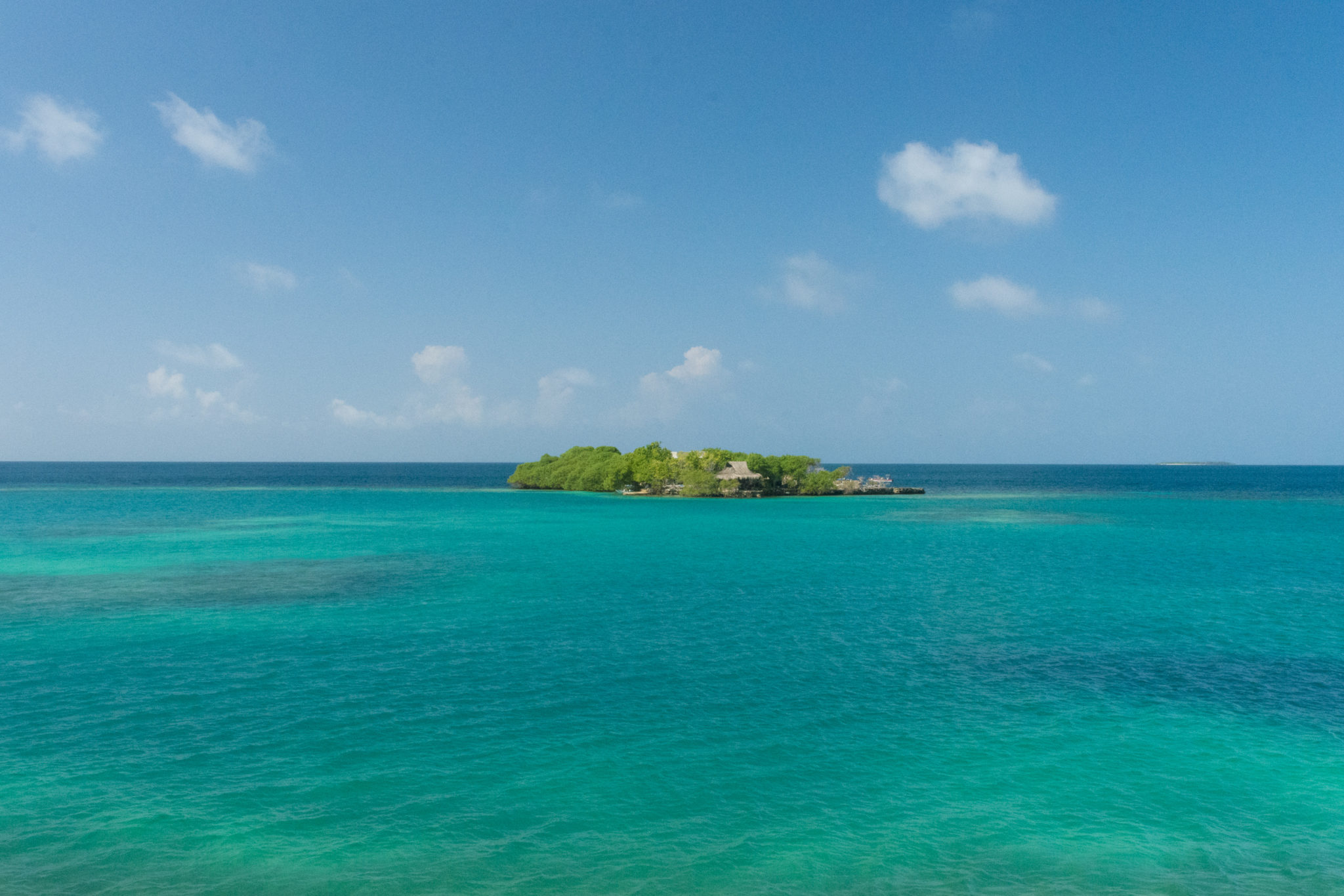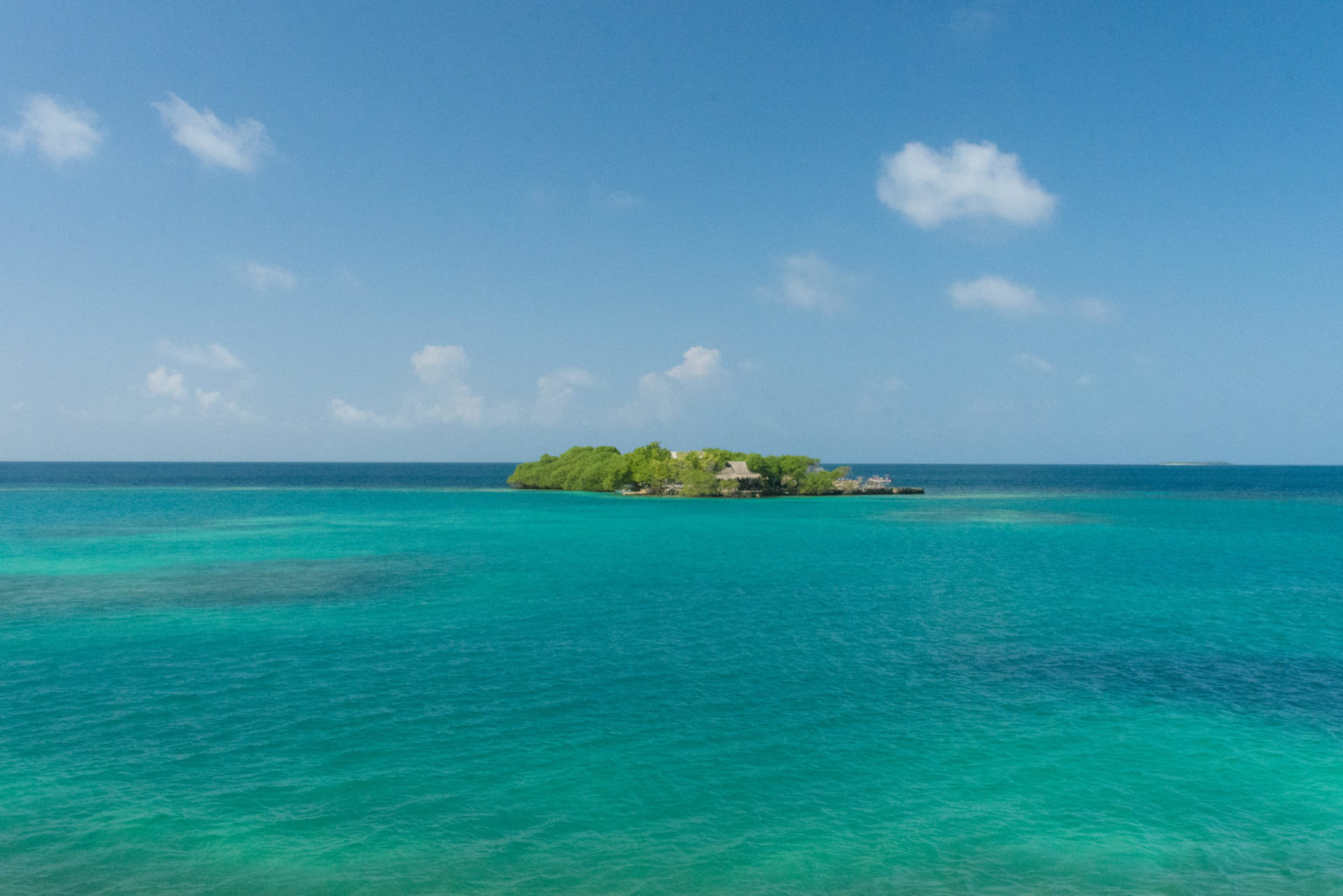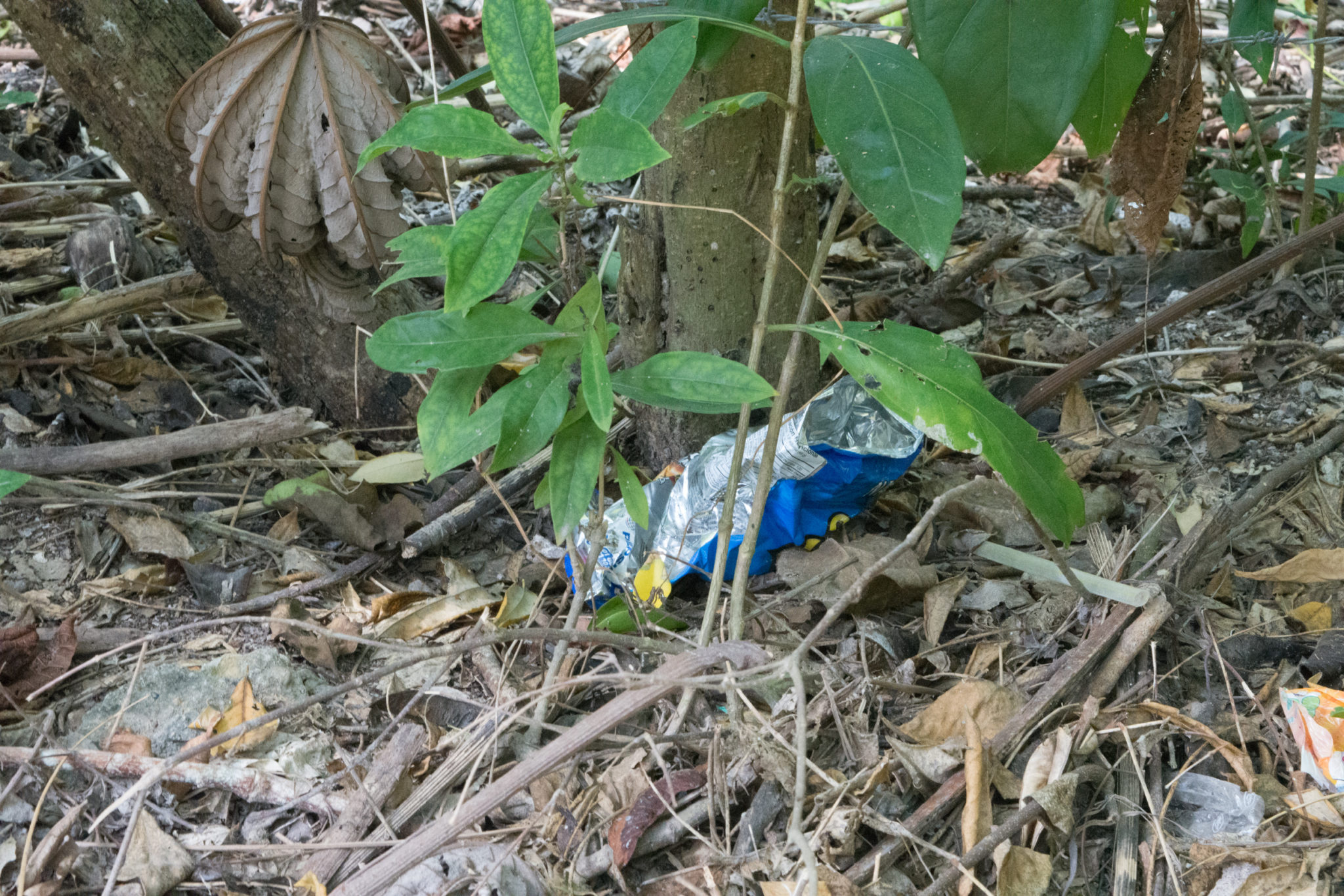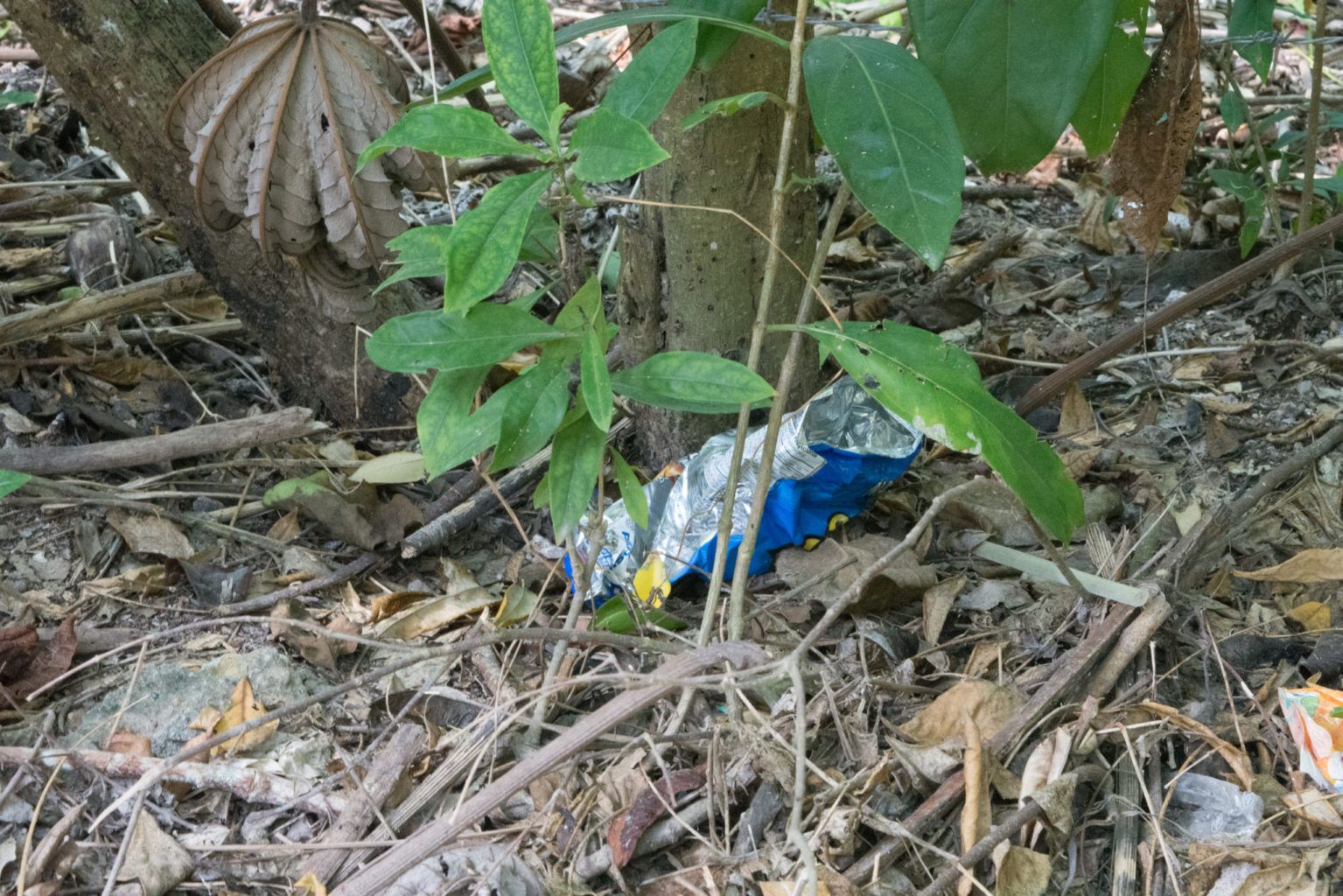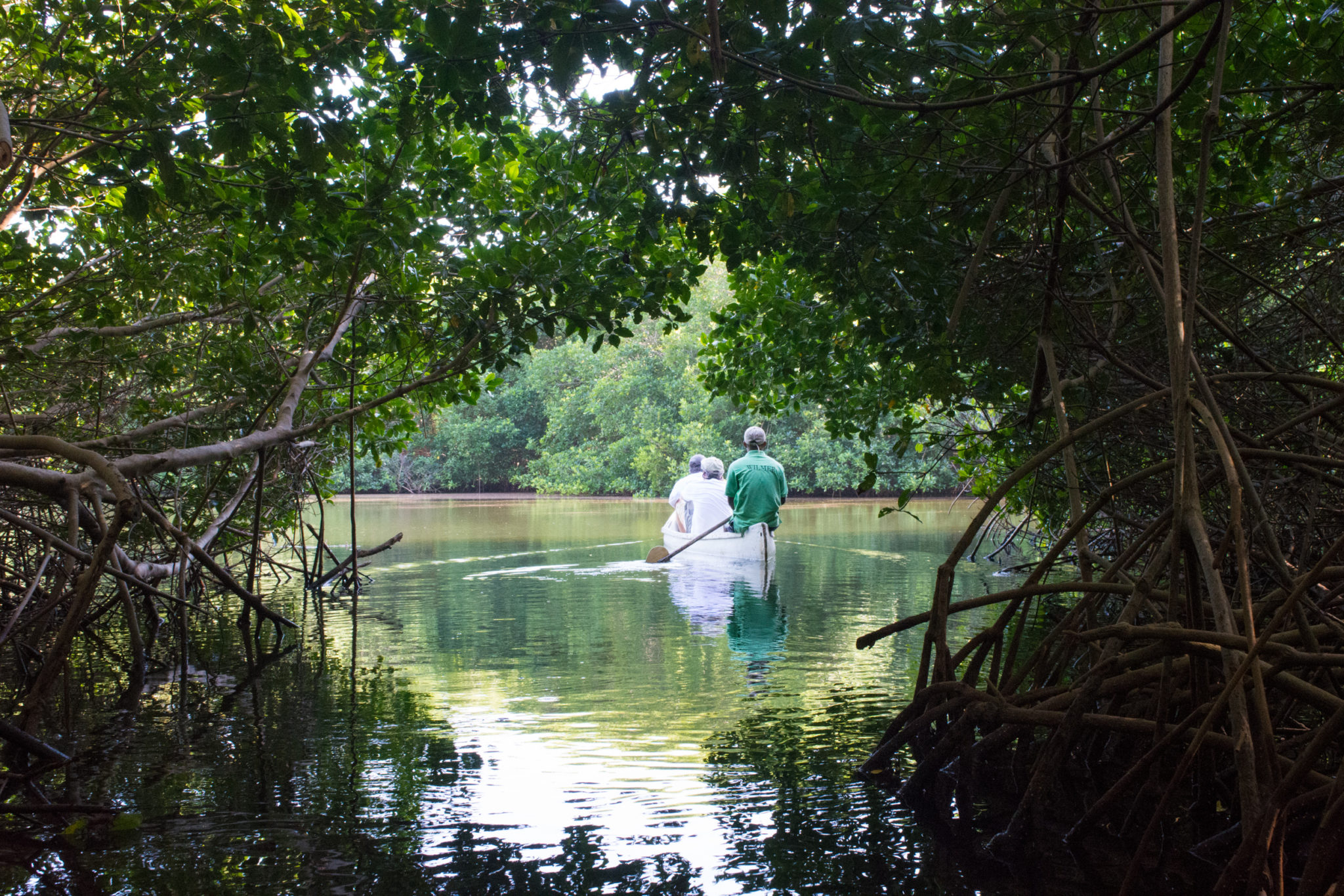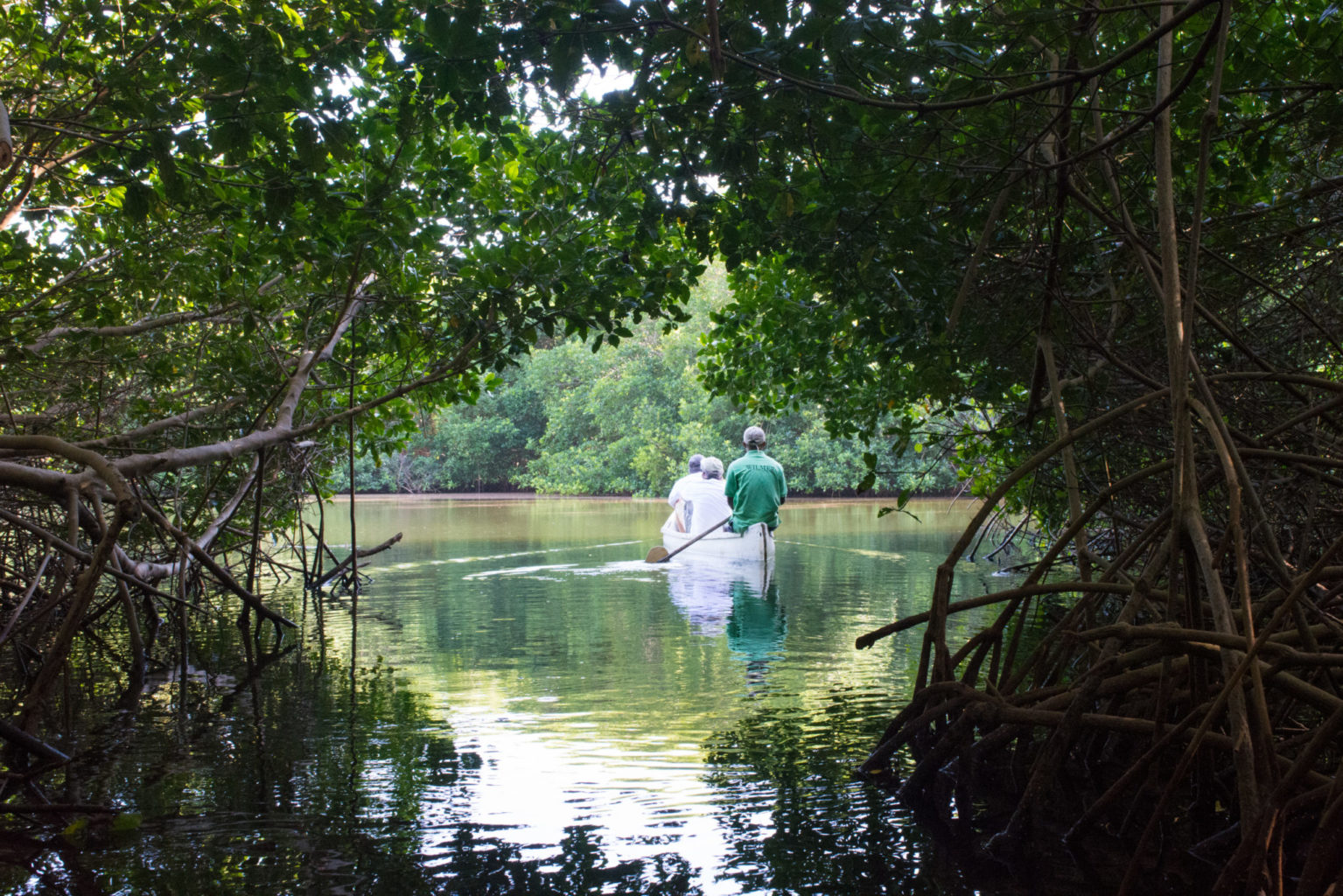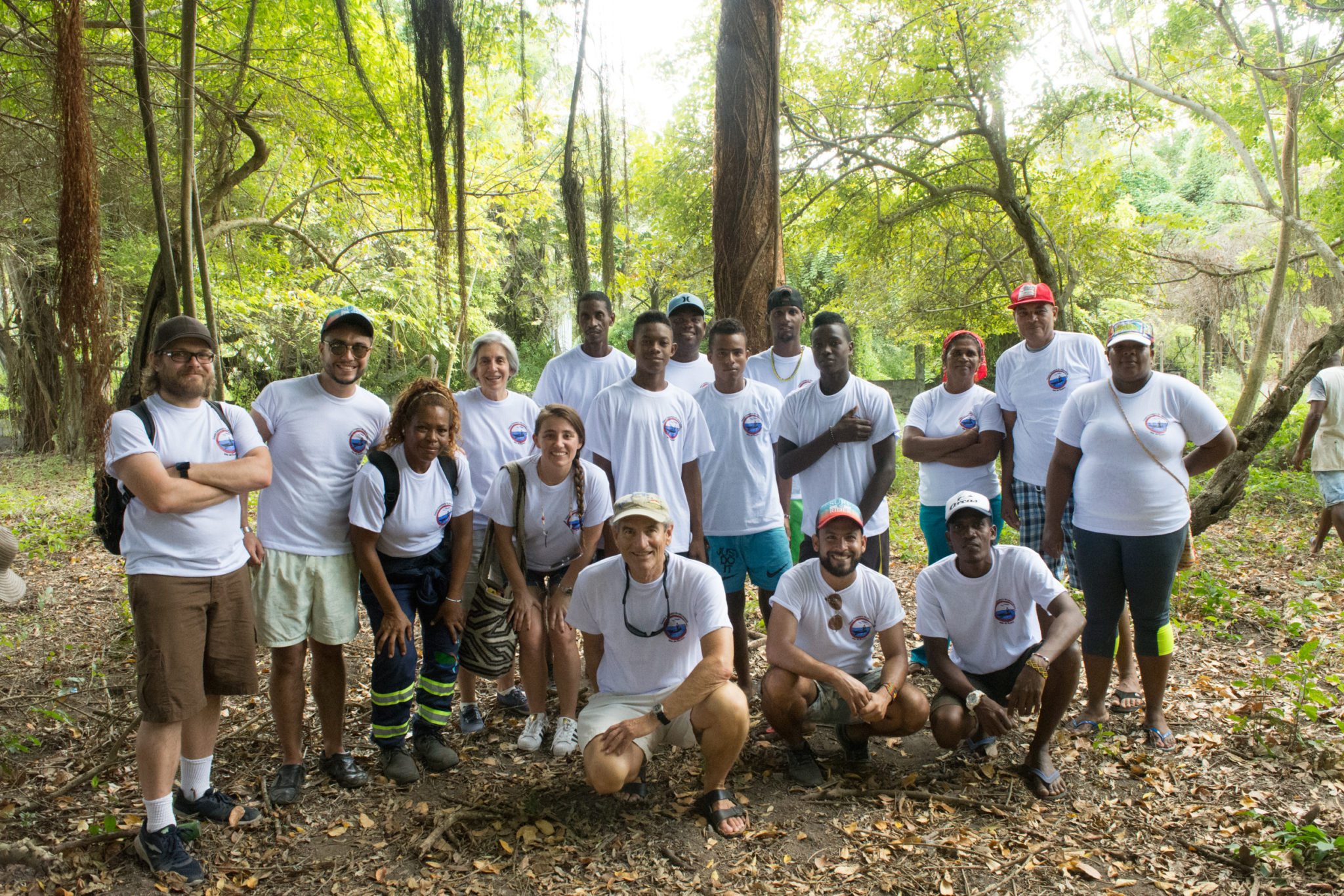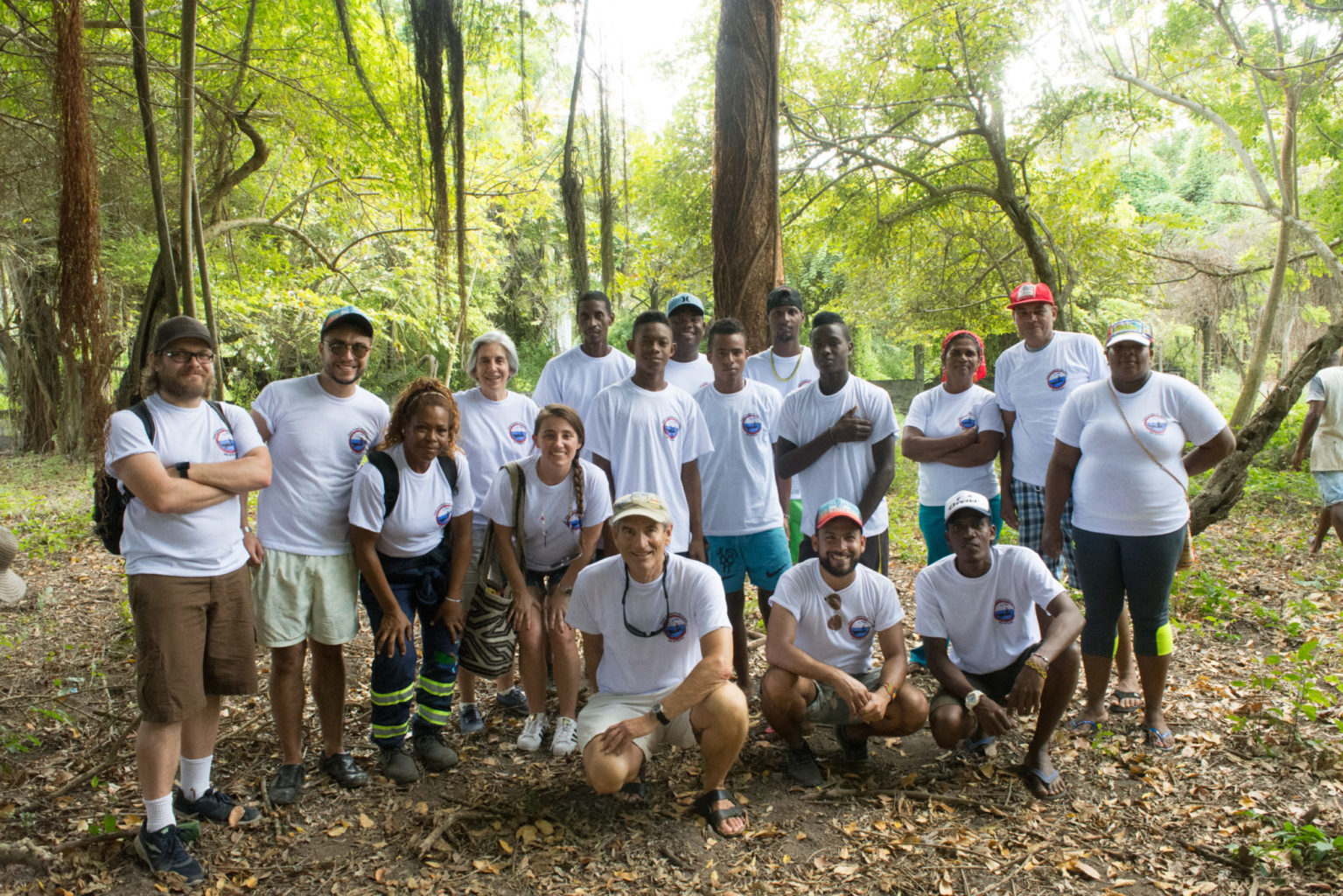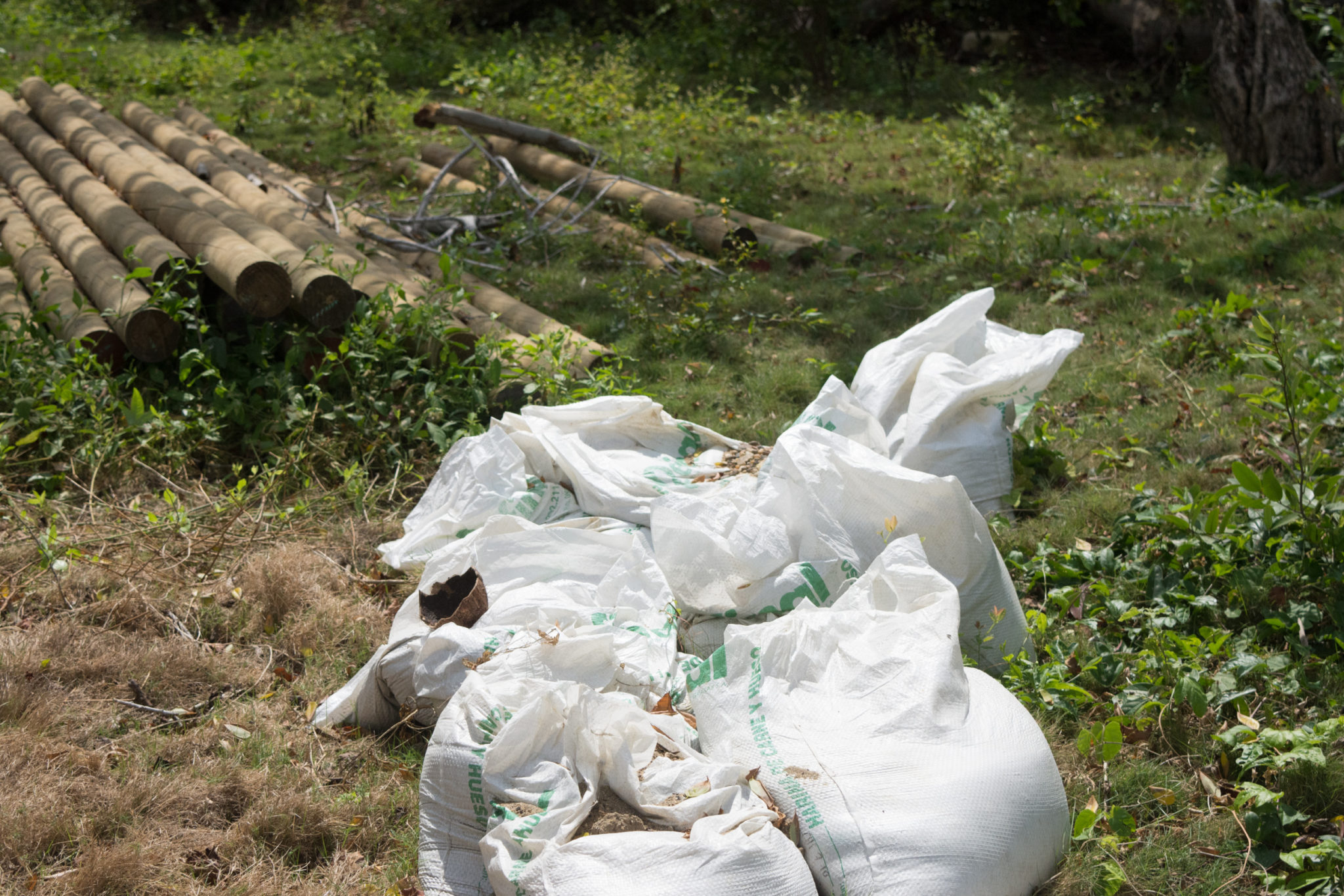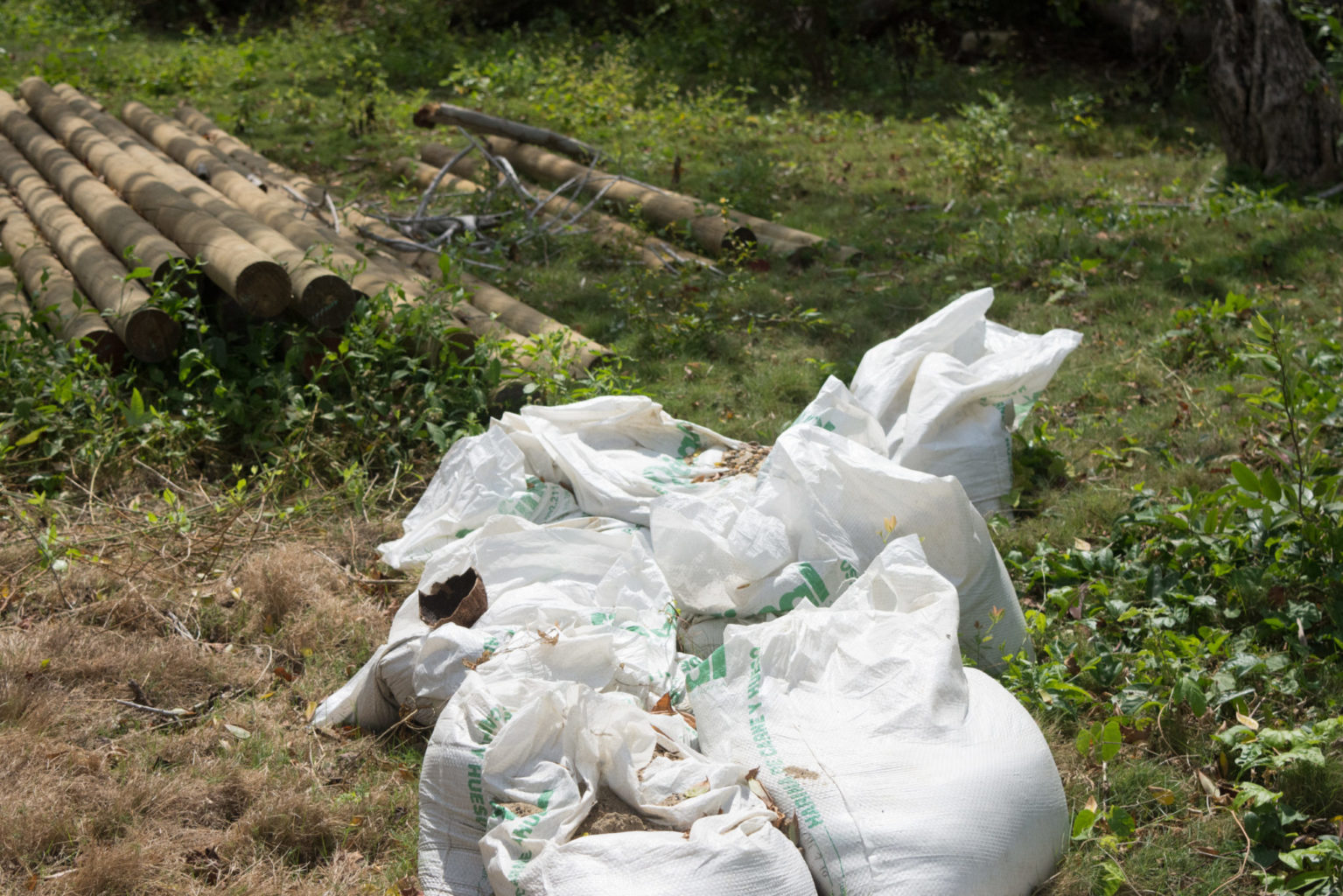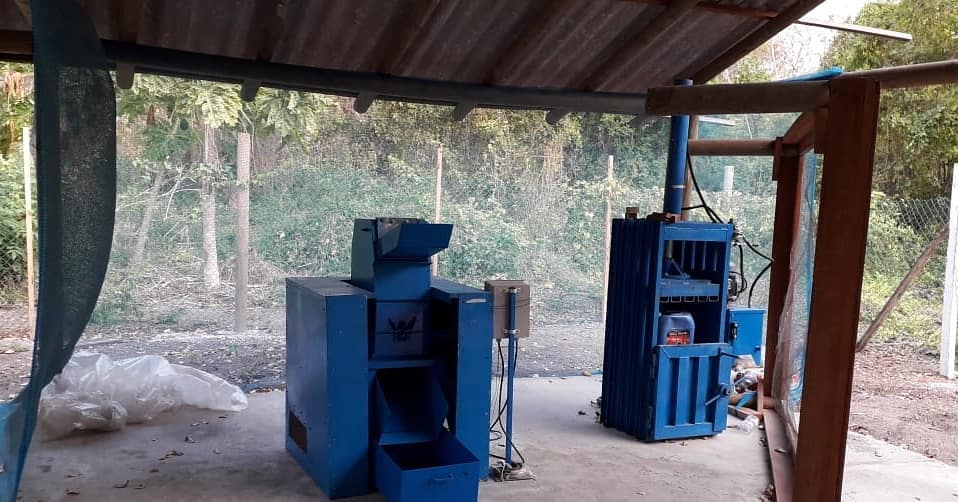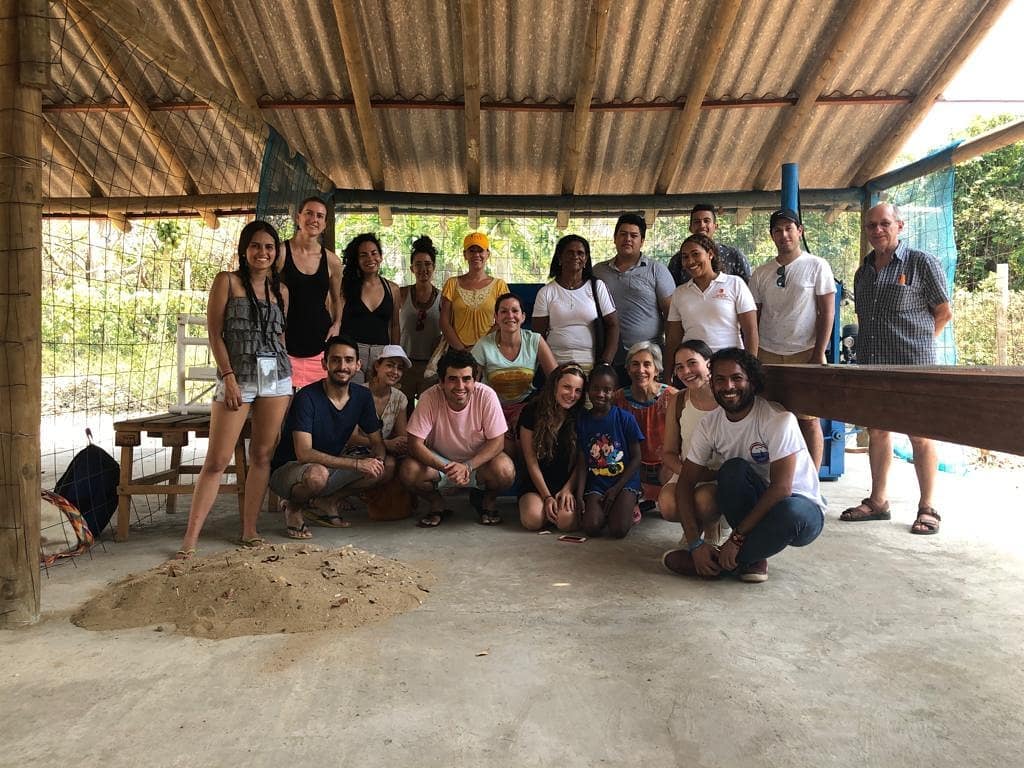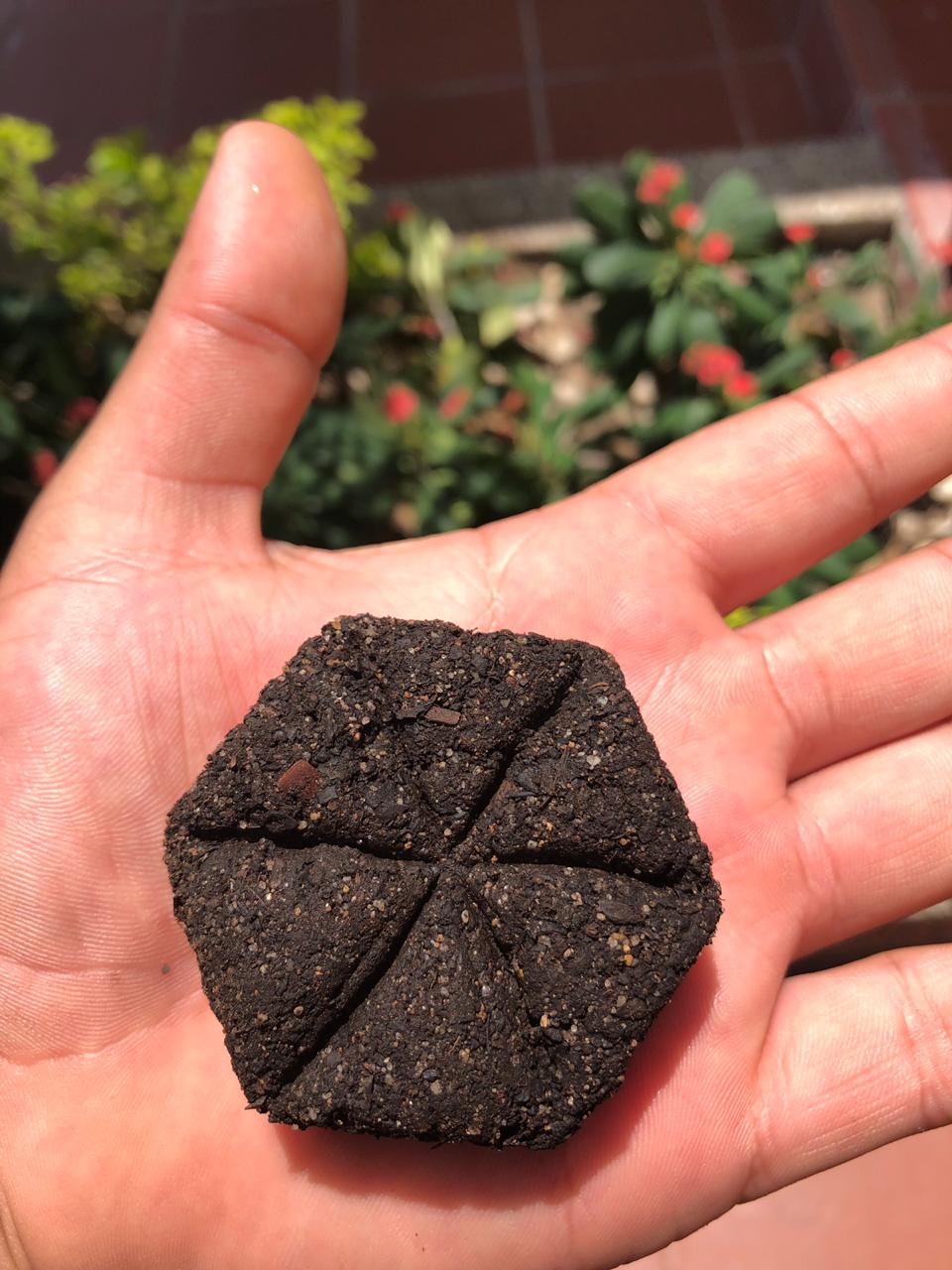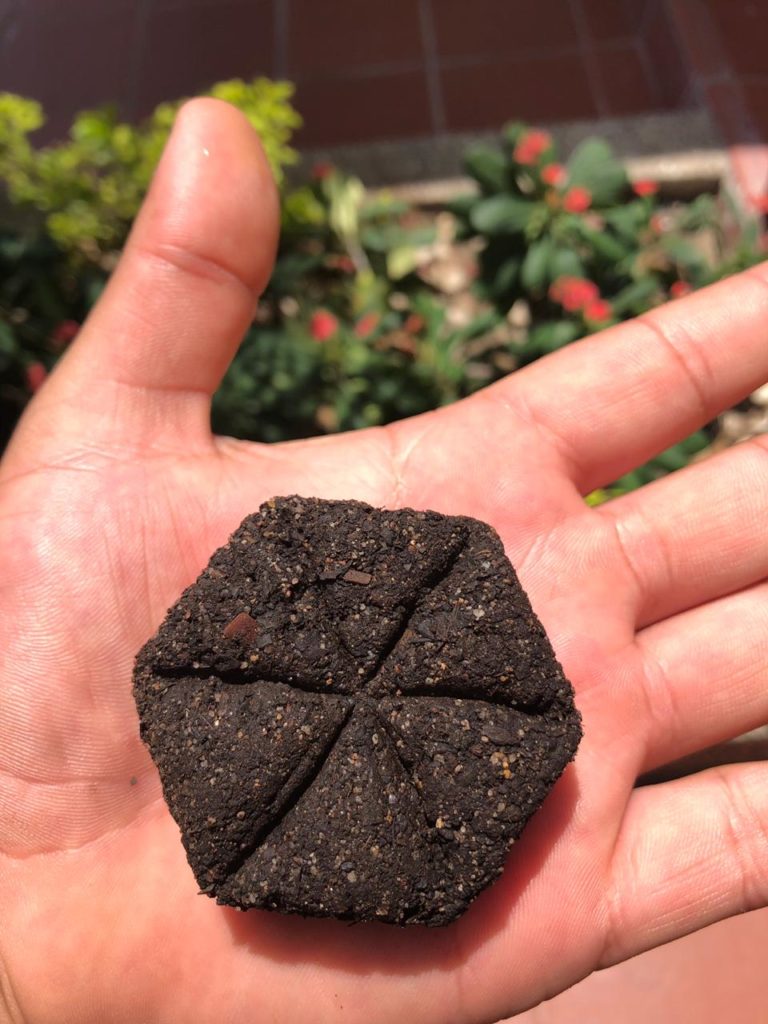The Rosario Islands lie off the central coast of Colombia, about 30 miles from Cartagena. The archipelago’s 31 islands and keys contain natural lagoons, mangroves, dry forests, and sandy beaches. The Rosario and San Bernardo Corals National Natural Park, established in 1977, covers approximately 300,000 acres of marine protected area. Tourists come to the islands, many on day trips, to snorkel, dive, or swim.
The reefs around these islands, however, have been damaged by solid waste that washes or is dumped into the ocean. Garbage also pollutes beaches and mangrove forests, threatening sea life, human health, and the tourism industry.
This project—Seacology’s first in Colombia—will fund a modern trash-sorting, recycling, and composting facility on Isla Grande, the largest of the Rosario Islands. It will help the community of Orika turn waste from an environmental burden into a revenue source.
A local cooperative organization, Isla Limpia (Clean Island) will operate the facility, with support from the IslaUnika Foundation, an organization that has been working with the community for several years. The National Learning Service will provide training on how to run the venture efficiently and help with monitoring. Recyclables will be sold to an off-island company, making the facility self-supporting. When trash becomes profitable, there will be an economic incentive for picking it up—and, as a result, a cleaner island.


